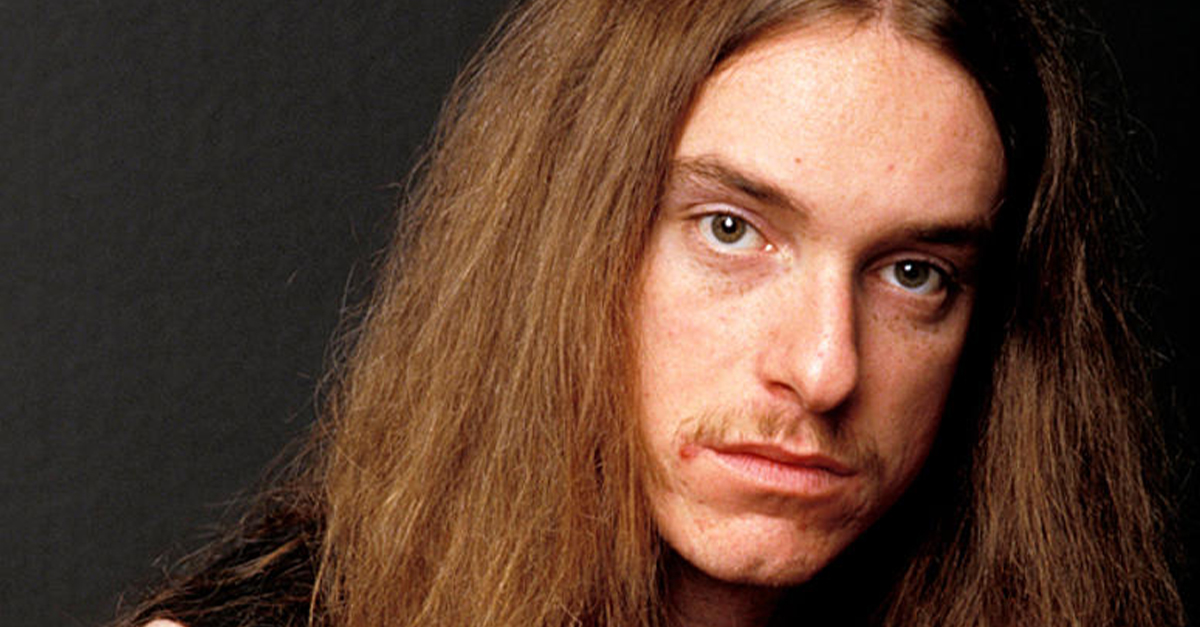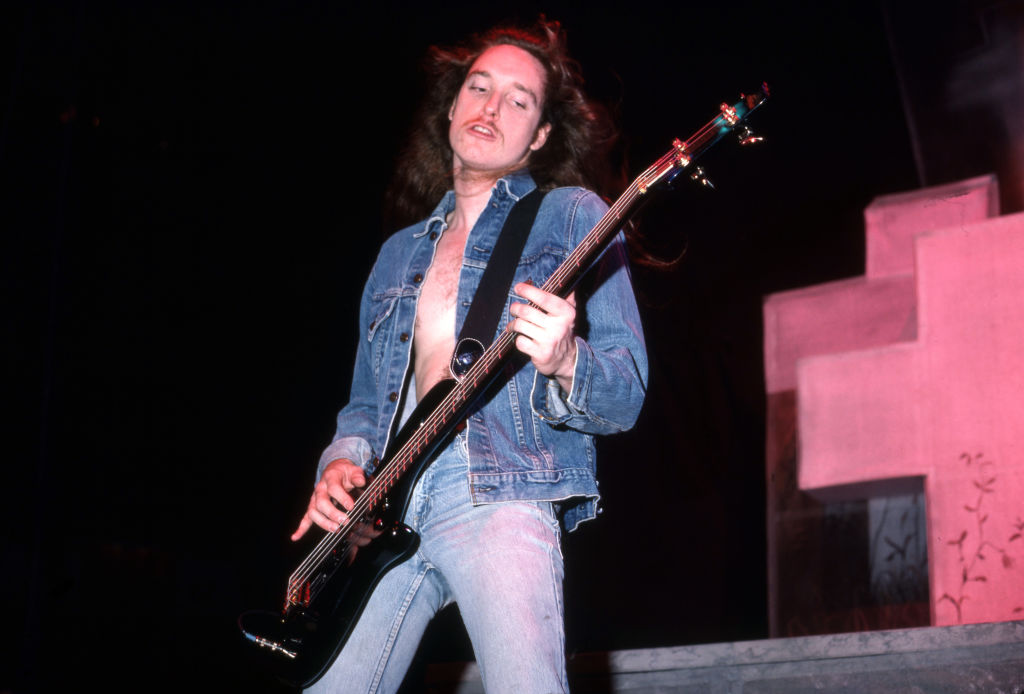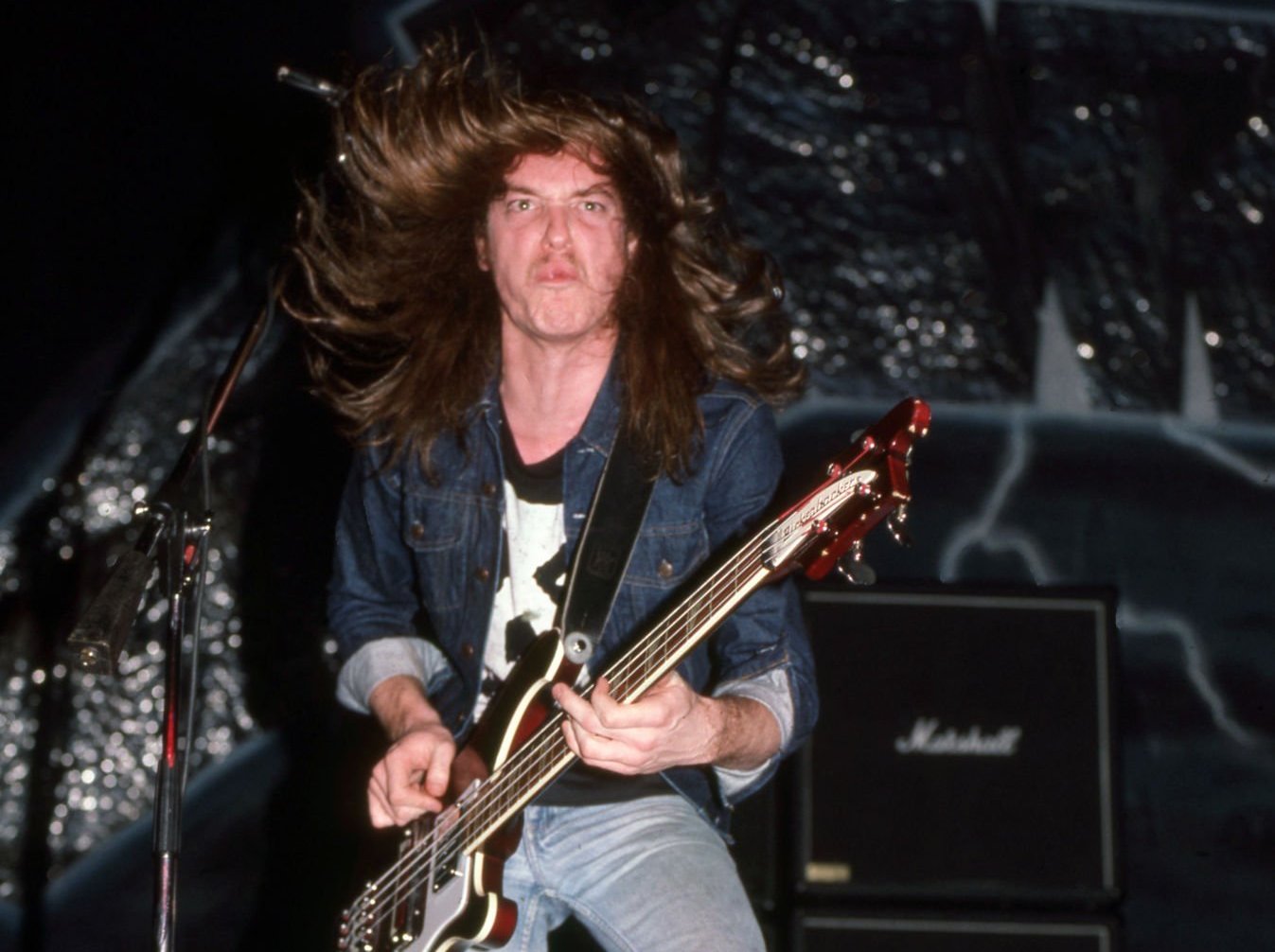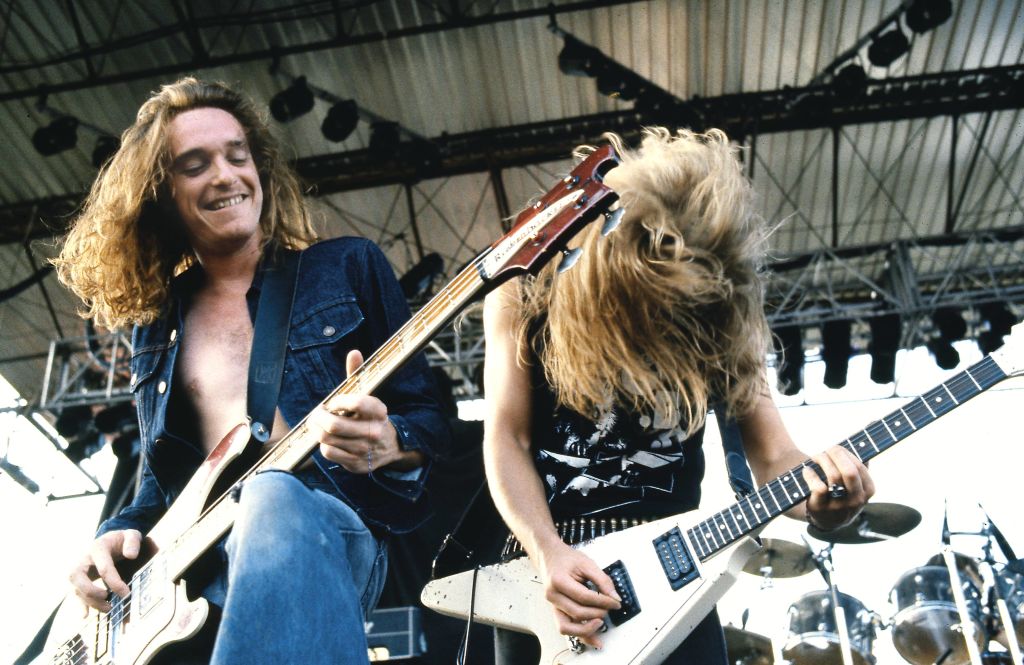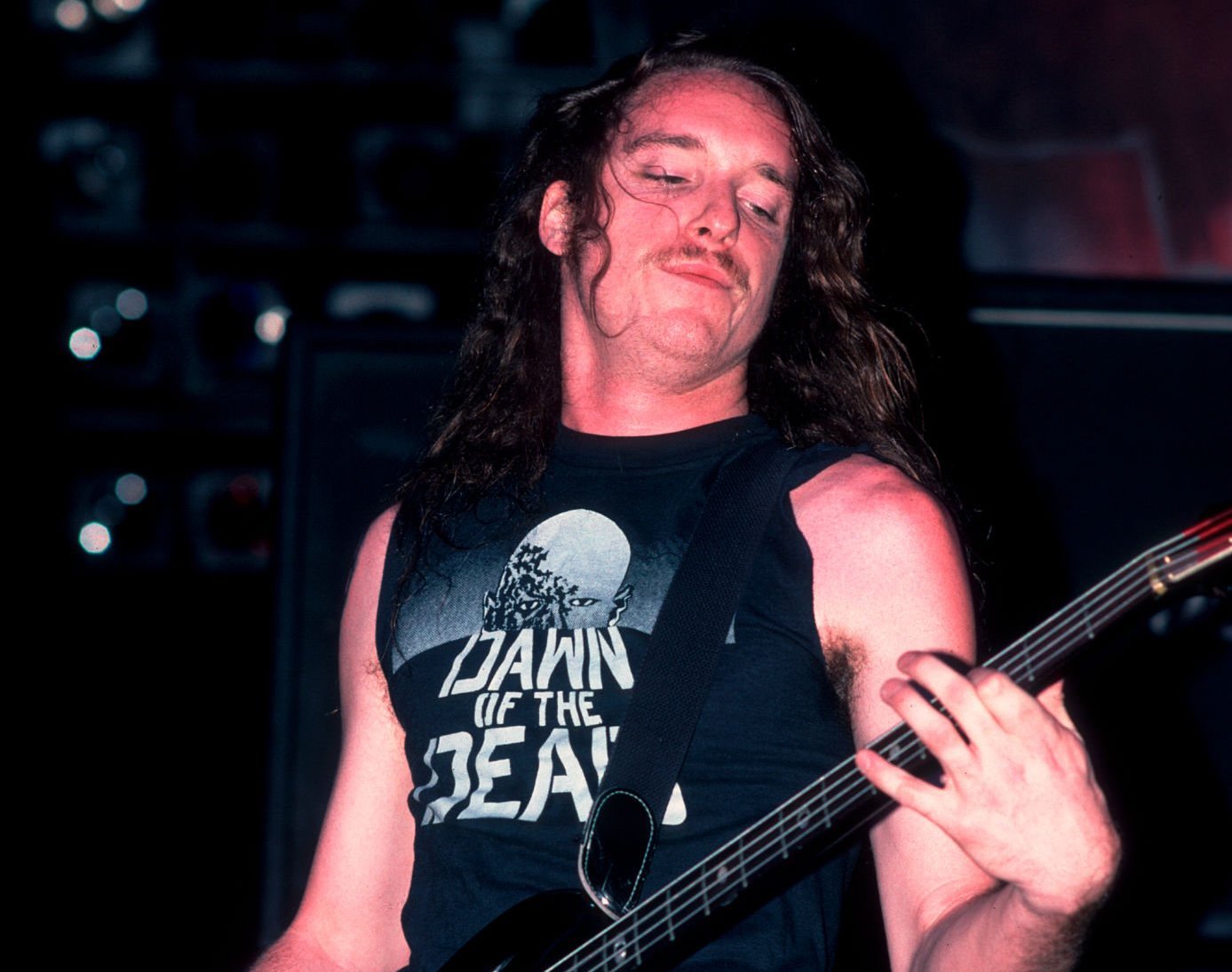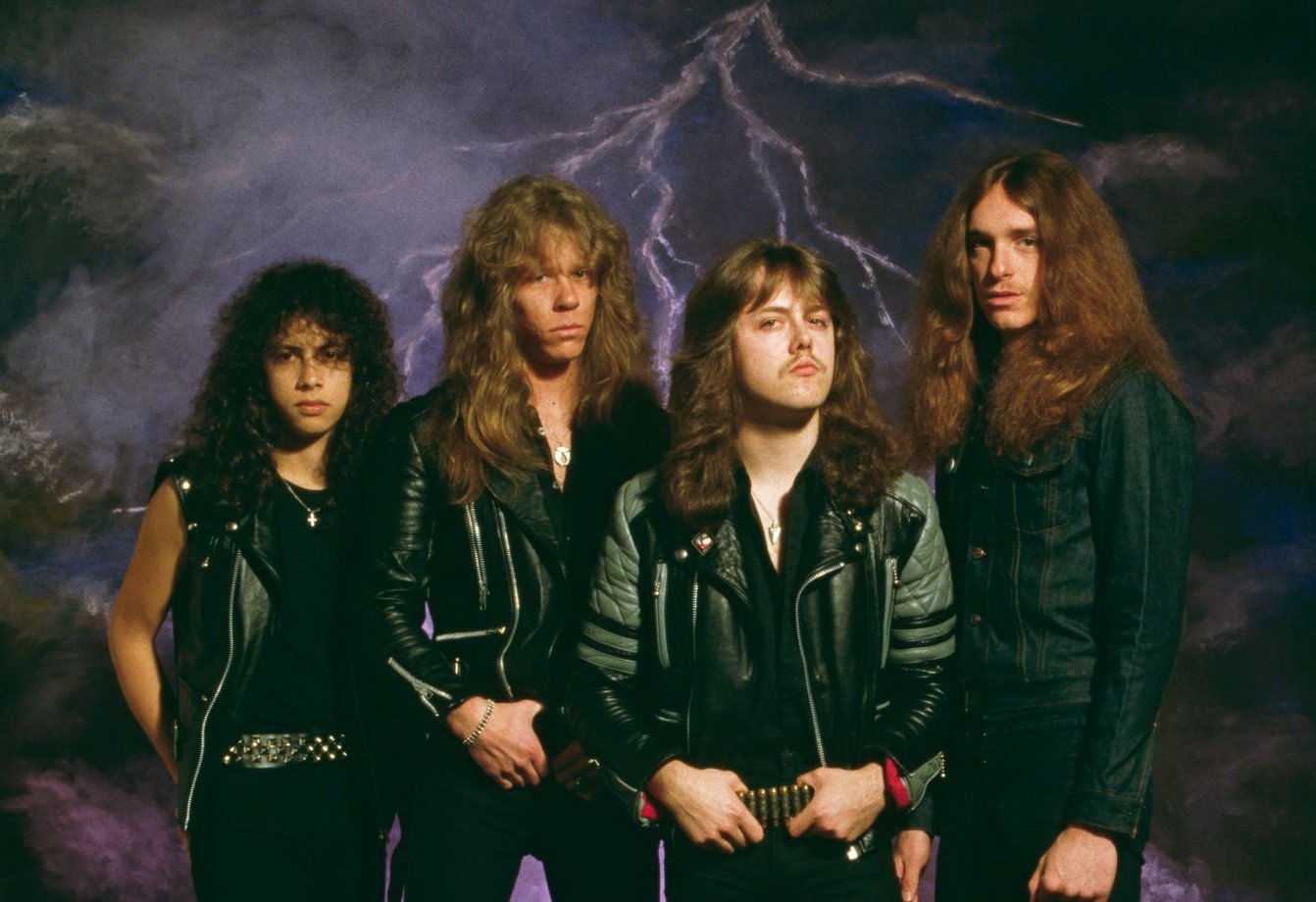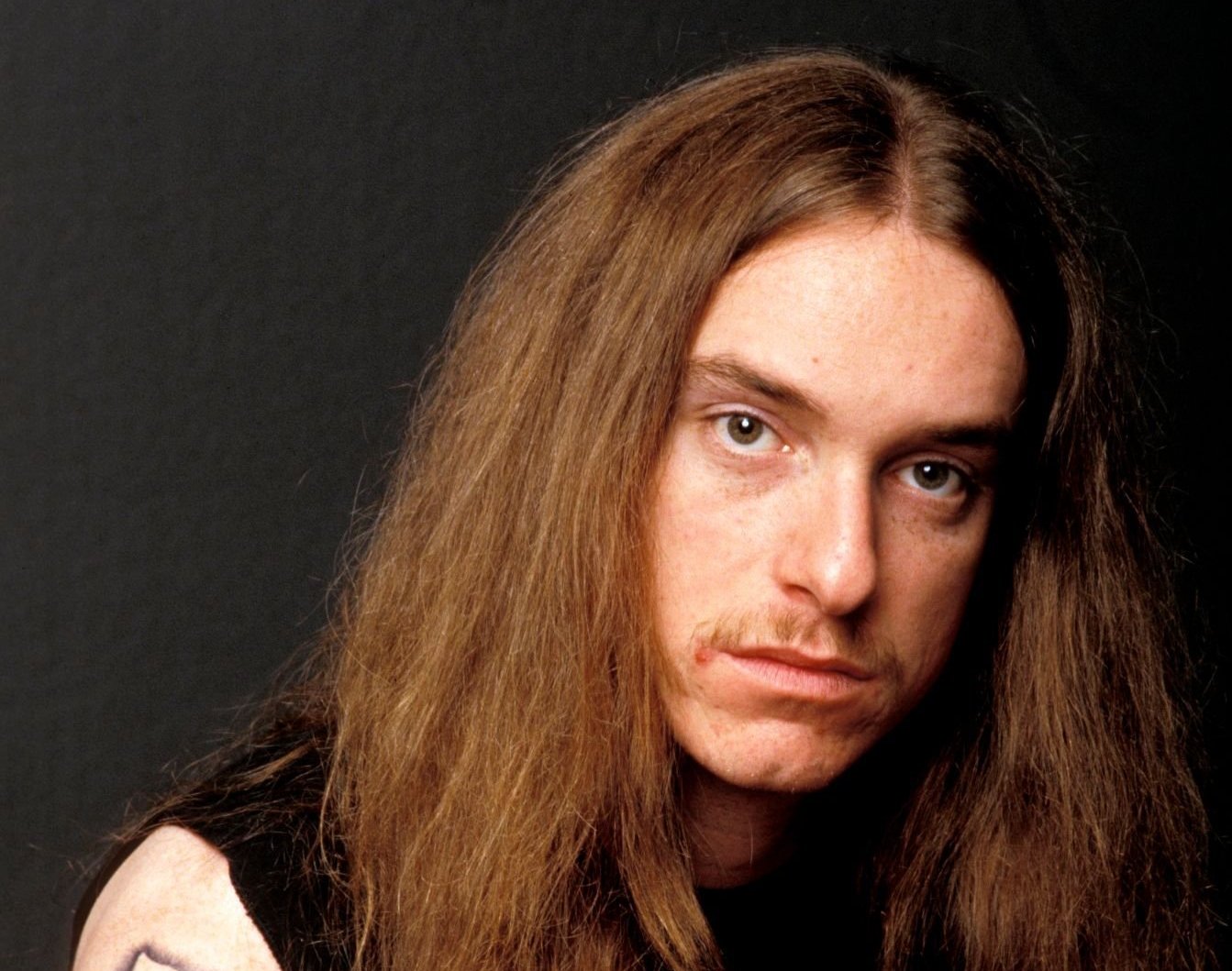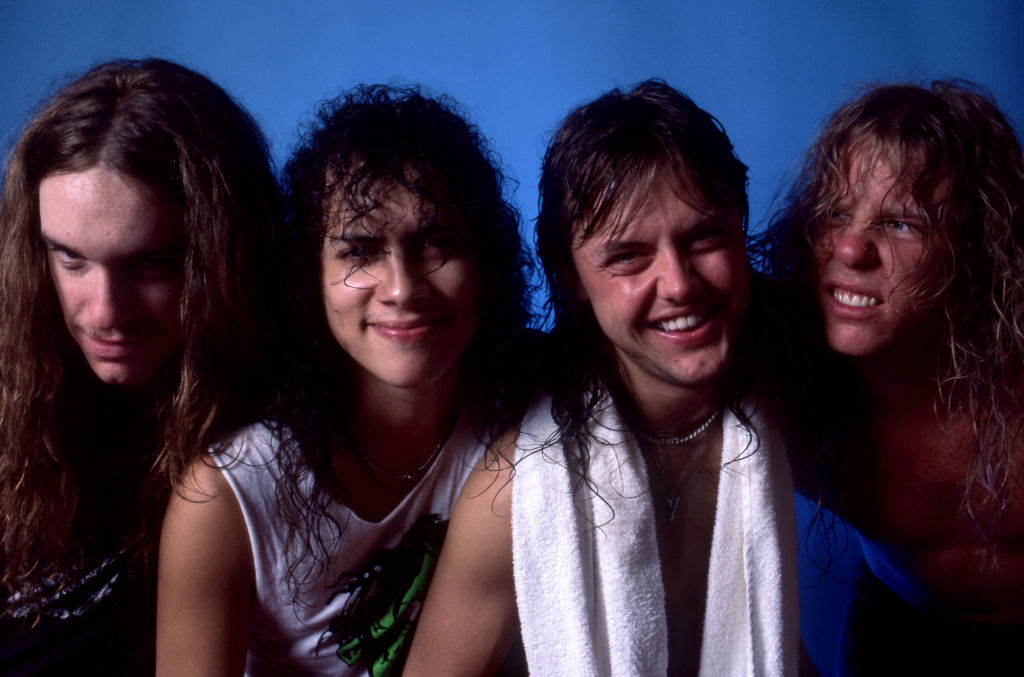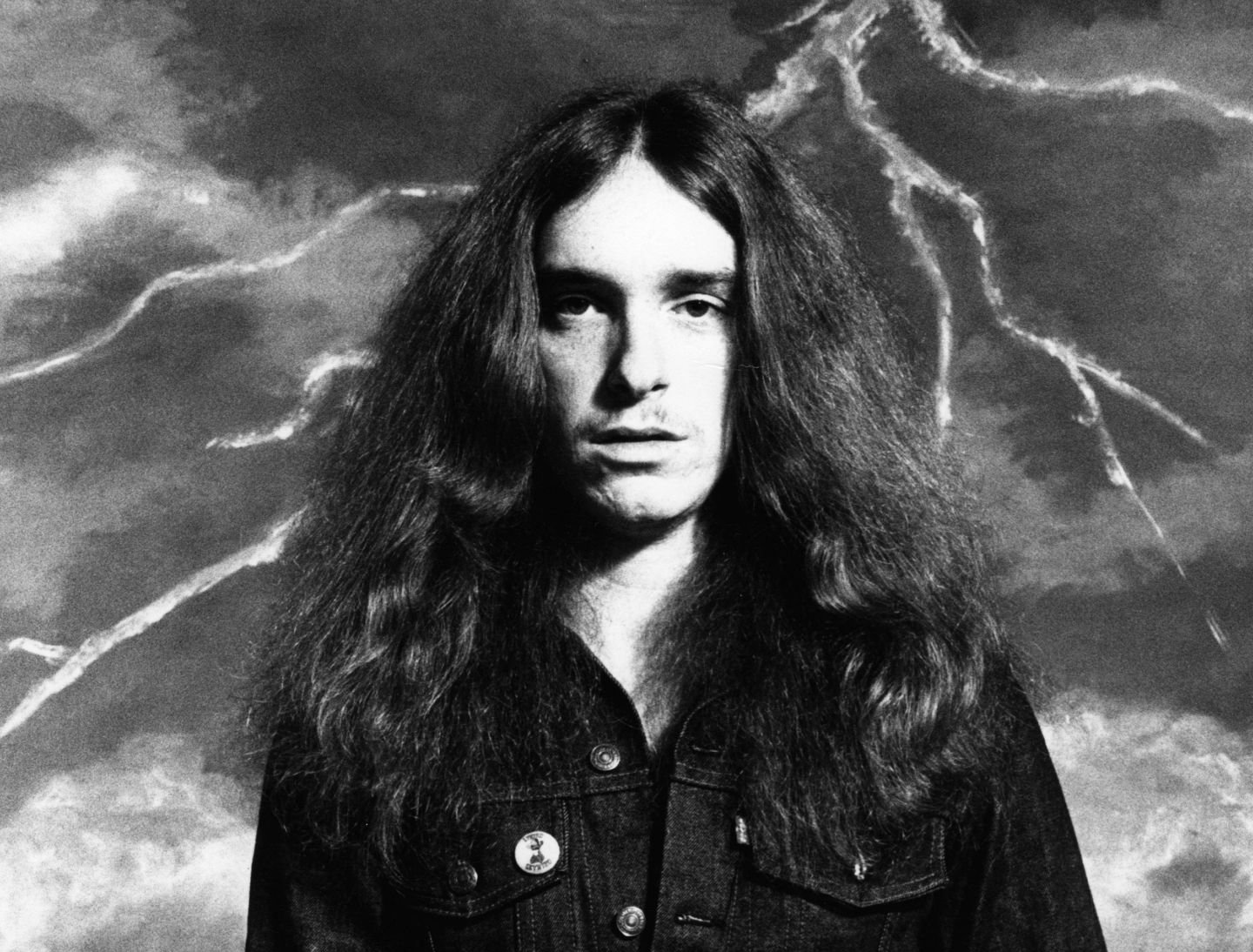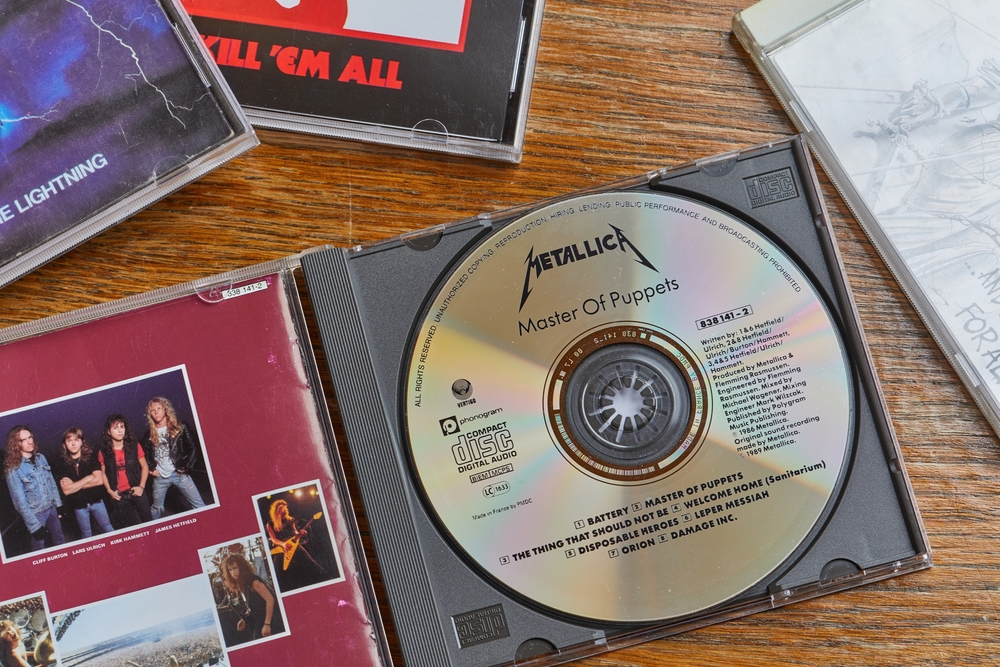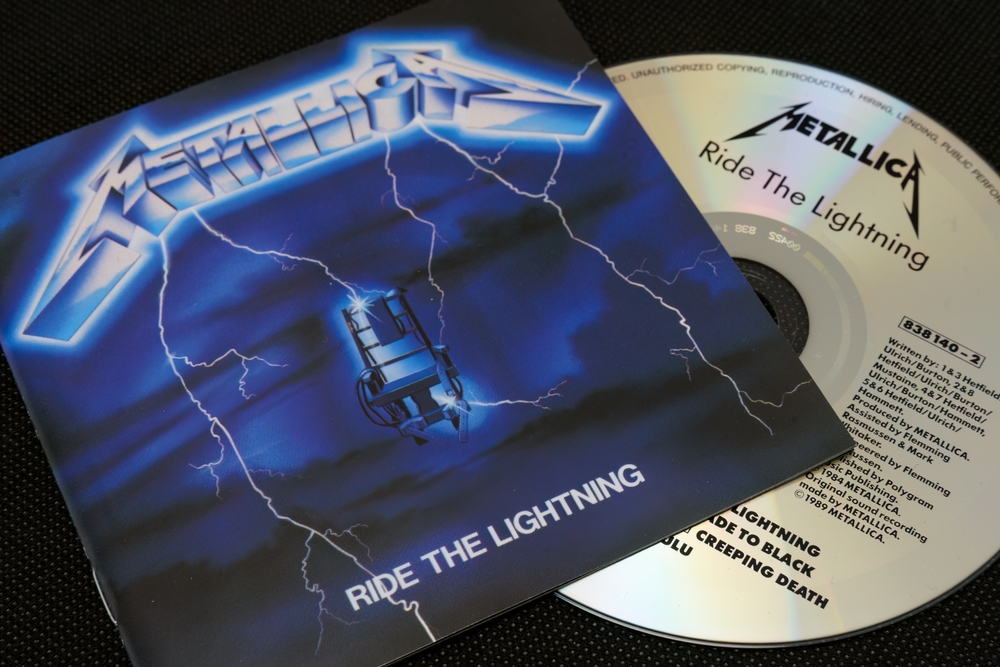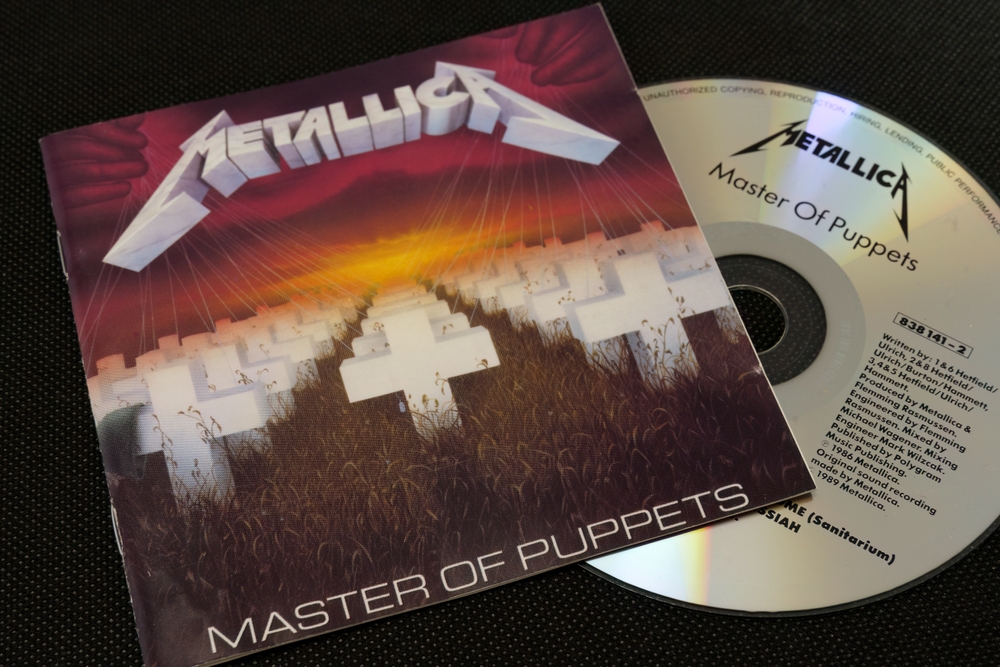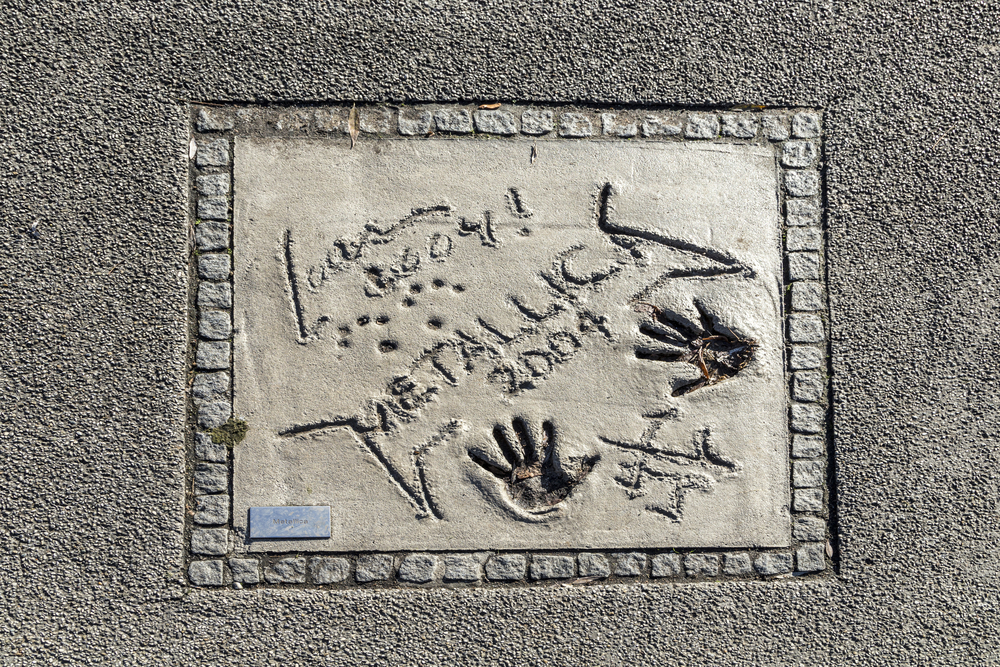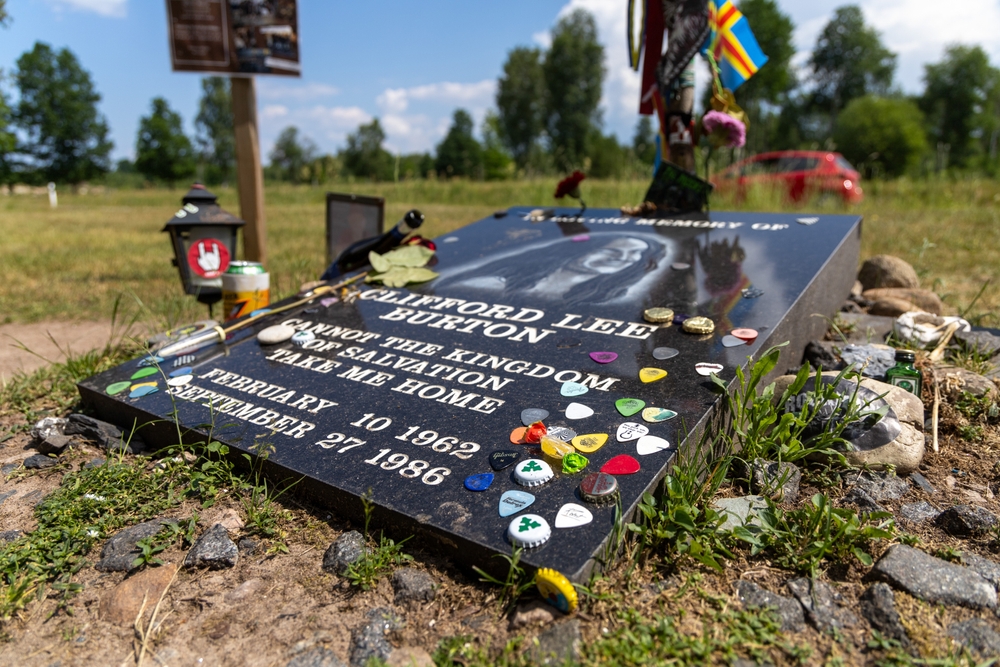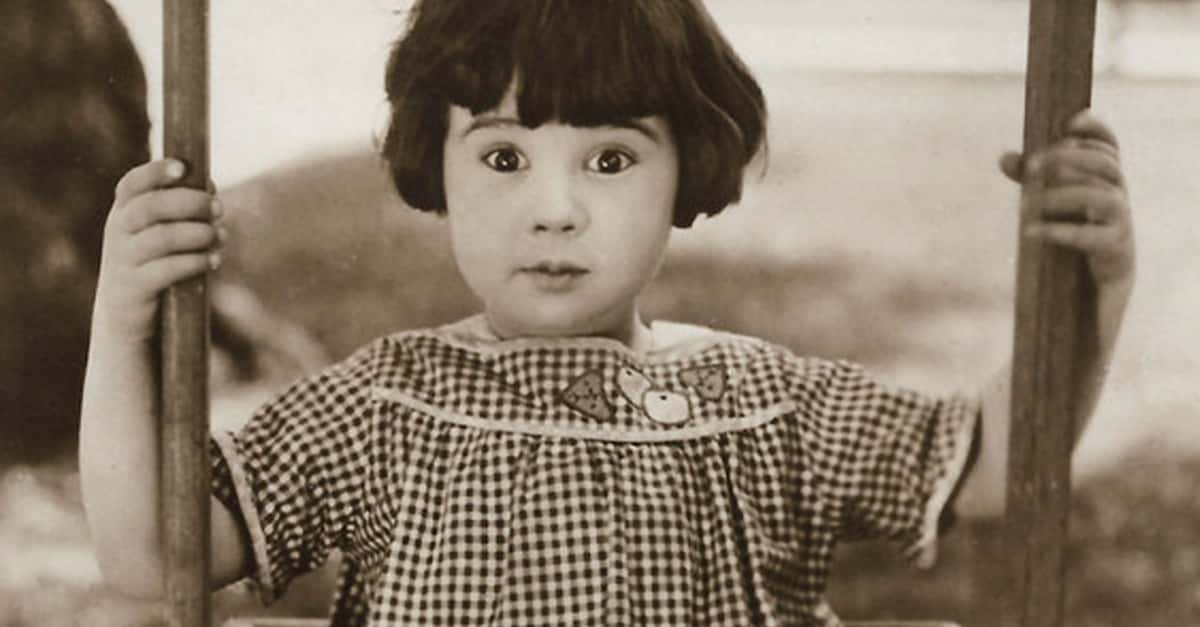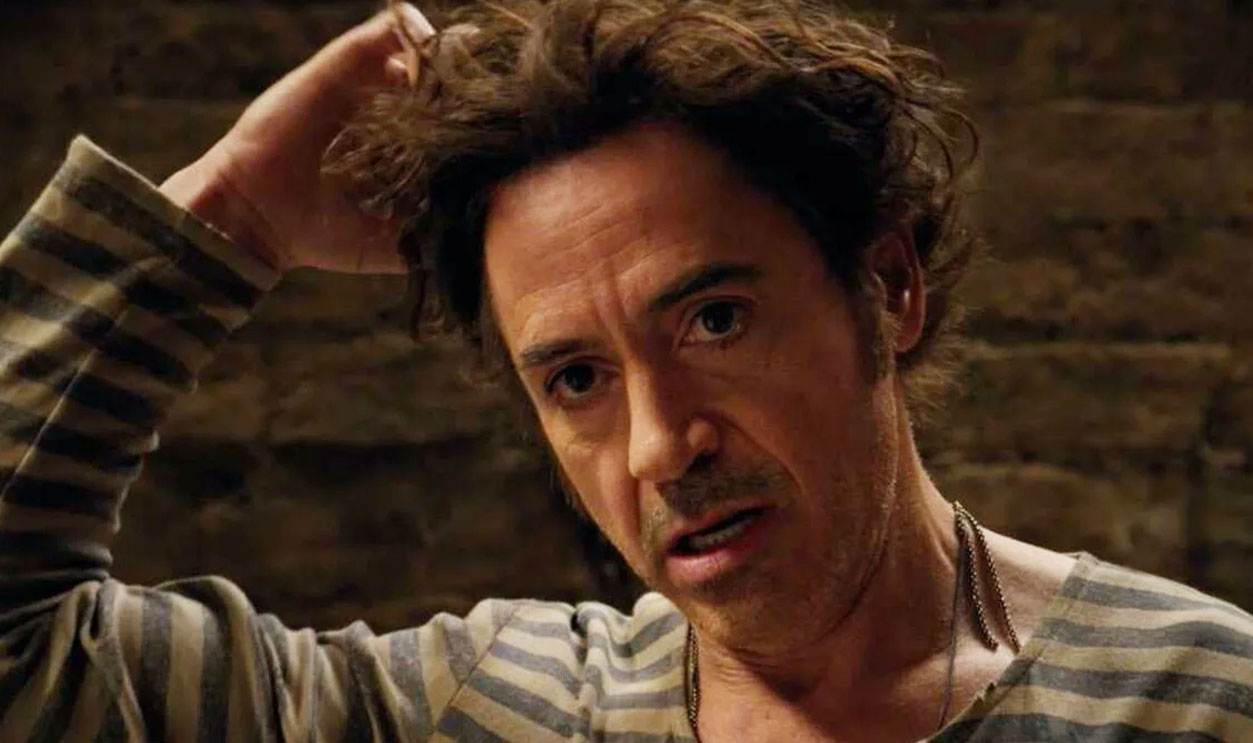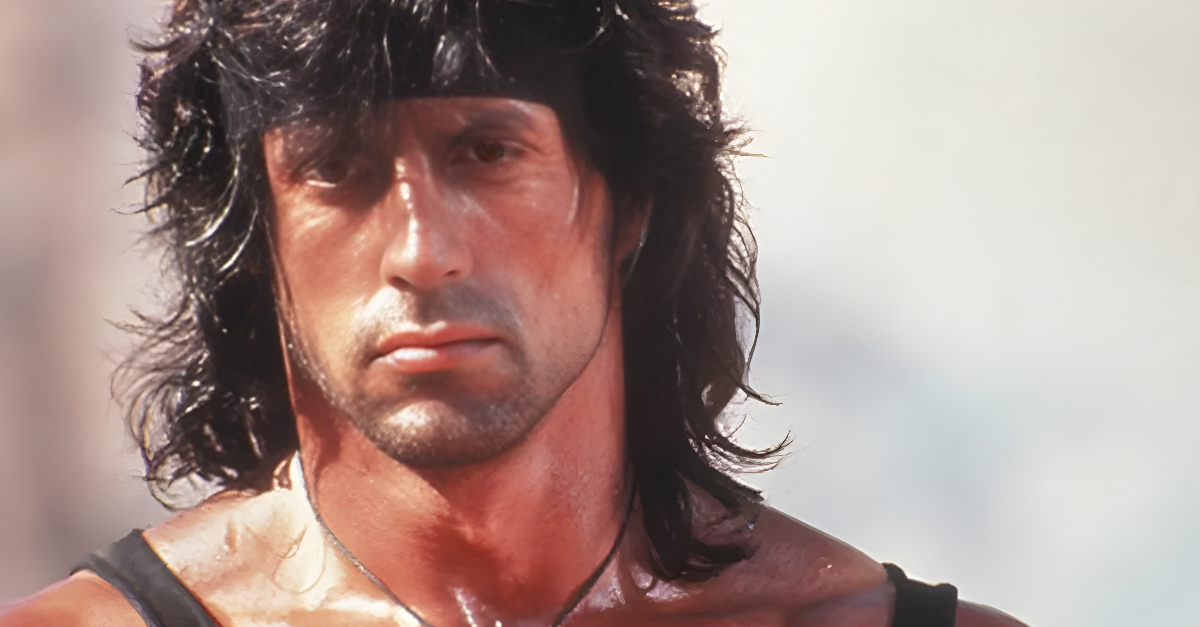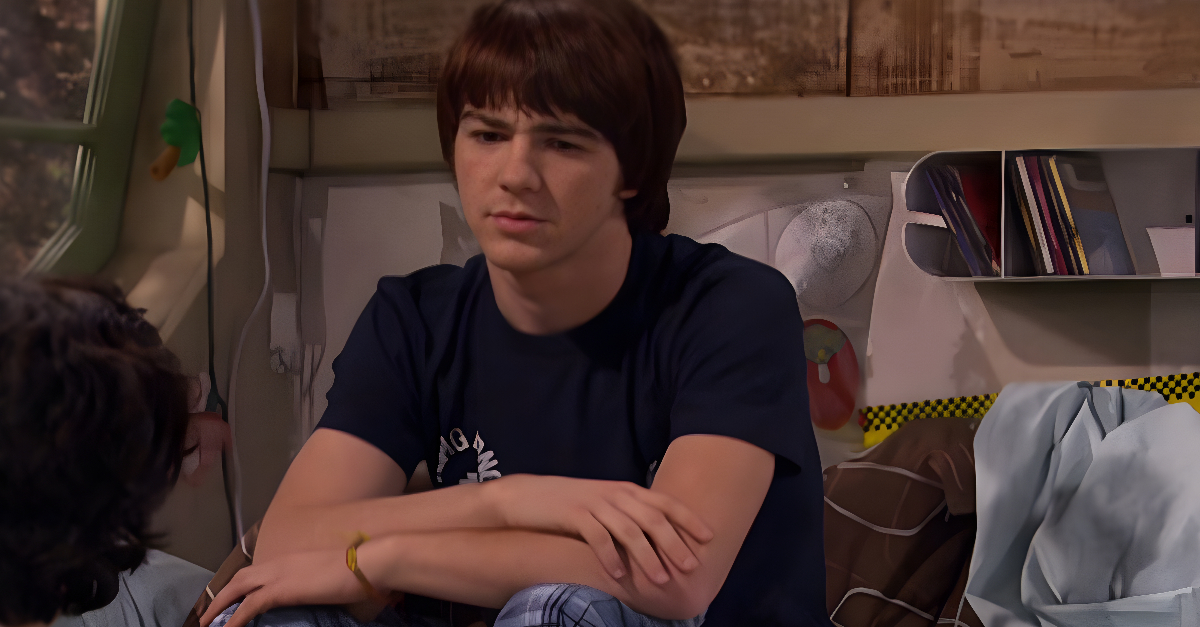He Shredded—Until He Was Shredded
Cliff Burton was the revolutionary bassist for the metal band Metallica. However, a freak fatal accident ended his career—and his life—before he had the chance to truly shred.
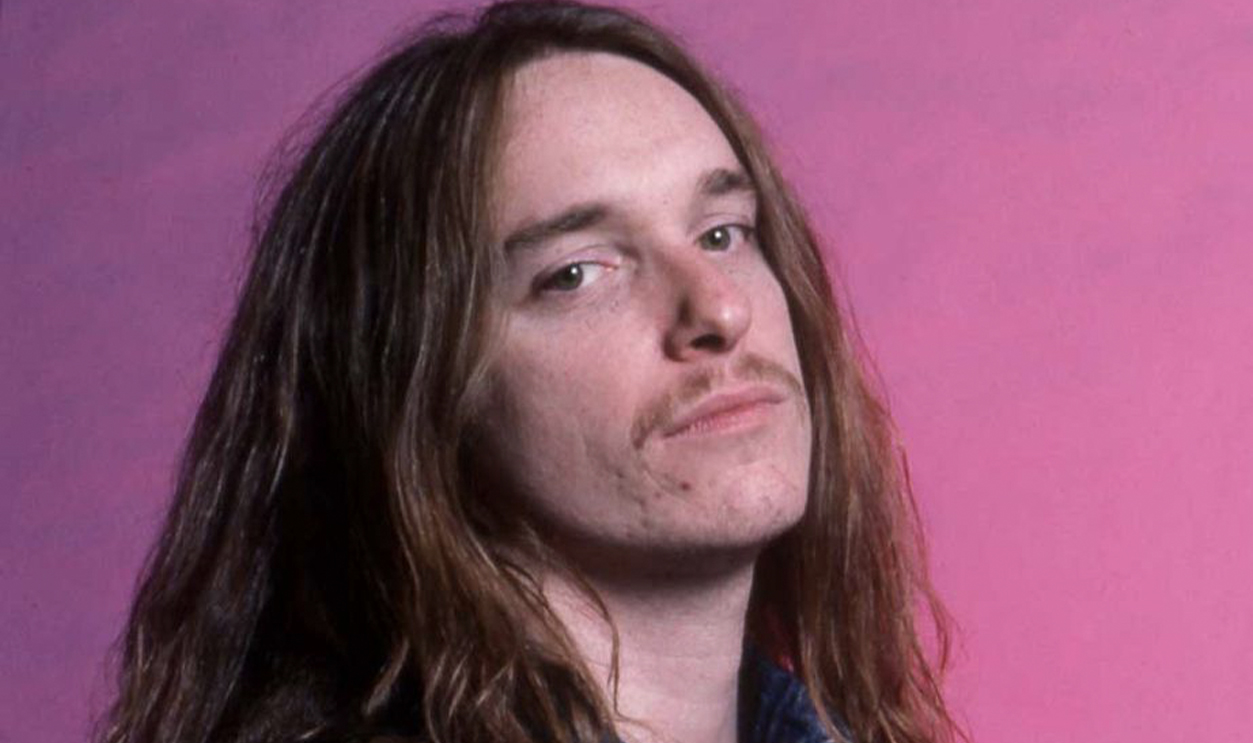
1. He Had An Inauspicious Childhood
For one of the most influential bassists of all time, Cliff Burton had an inauspicious beginning. He was born in Castro Valley, California, onFebruary of 1962 to Raymond “Ray” and Janette “Jan” Burton. He was the youngest of three siblings, his elder brother and sister being Scott and Connie.
Burton’s quiet California childhood was, however, slightly unconventional.
2. He Was Easygoing
When Burton burst onto the heavy metal scene, he captivated rockers everywhere with his “unconventional” playing style. The truth, however, is that he was always kind of unconventional. His parents were, allegedly, hippies who raised him to be “easygoing”.
That wasn’t the only influence they had on him.
3. He Had A “Classical” Introduction To Music
Growing up, Burton’s house wasn’t exactly a musical one. That is, until his father delved into the world of classical music. Burton was so fascinated by the sounds of Bach and Beethoven that he began taking piano lessons.
It was his gateway to a much more rock ‘n’ roll lifestyle.
4. He Developed A Taste For Metal
Burton’s interest in music grew as he did. By the time he was a teenager, he had developed a love for all genres, not just stuffy classical music. He gravitated towards country, rock, and, of course, heavy metal. Little did he know, a family tragedy was about to drastically alter the course of his life.
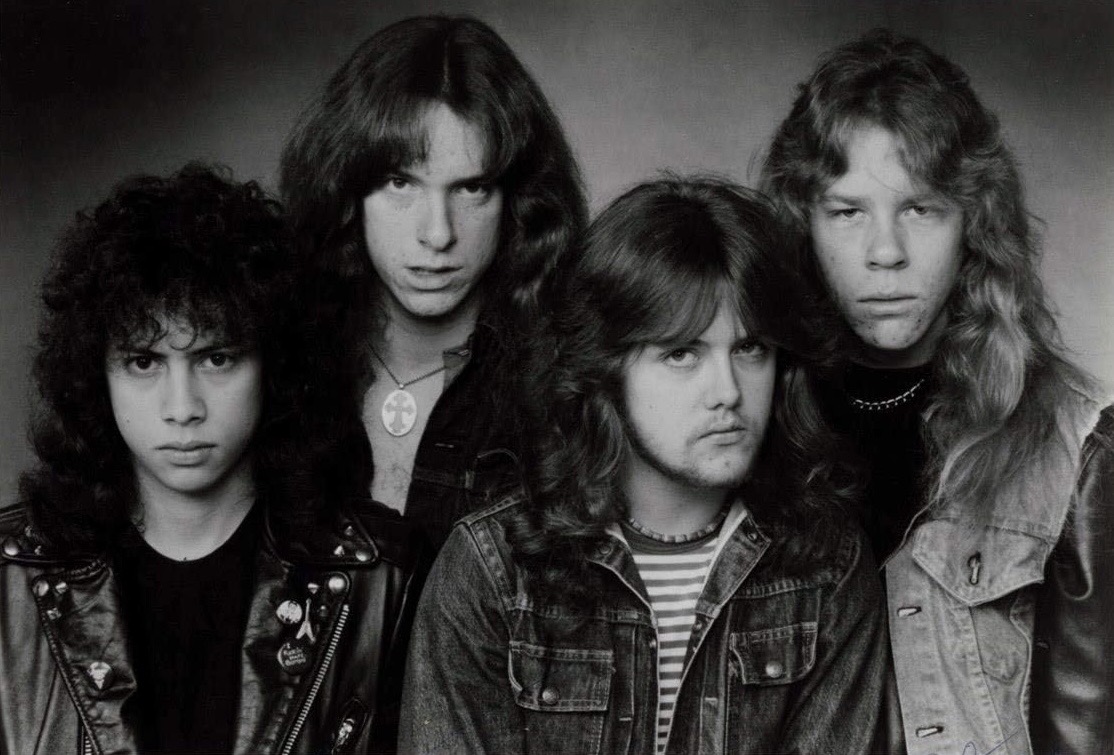 Megaforce Records, Wikimedia Commons
Megaforce Records, Wikimedia Commons
5. He Lost His Brother
When Burton was just 13 years old, his family would have to endure an inexplicable tragedy. Burton’s older brother, Scott, suffered a brain aneurysm that claimed his life—at just 16. Thankfully, Burton had a productive way of coping with the devastating loss.
6. His Brother’s Demise Changed His Life
Instead of wallowing in bed and throwing himself under the covers over the loss of his brother, Burton buried himself in his love of music. In fact, it was his brother’s untimely demise that led Burton to make a decision that would change his life (and music history) forever: he picked up the bass guitar.
Suffice to say, he had high hopes.
7. He Dedicated His Music To His Brother
Burton was deeply impacted by the loss of his brother. So deeply that he dedicated the rest of his life to him. Burton’s parents recalled his dedication to his brother when they claimed to have overheard him saying, “I'm going to be the best bassist for my brother”.
Of course, he had a long way to go.
8. He Didn’t Have Much Talent
At 13, Burton’s musical talents began and ended with piano playing. As his mother put it, “We didn’t think he had too much talent at all”. And she wasn’t necessarily wrong. According to his mother, Burton plodded his way through the first months of learning bass guitar. His fingers must have been bleeding.
9. He Practiced Non-Stop
Whatever talent Burton did or did not have paled in comparison to his work ethic and dedication to his craft. In fact, he was borderline fanatical. As a young teen, he practiced playing the bass guitar for anywhere between four and six hours a day. He even kept up that practice schedule as a member of Metallica, years later.
10. He Had Surprising Influences
As his bass-playing capabilities grew, Burton found himself gravitating toward jazz and blues music in addition to country and rock. There was no doubt, by that time, that he was developing a unique sound and style for the bass guitar.
For a heavy metal bassist, his influences were…surprising.
 20 minutos, CC BY-SA 2.1, Wikimedia Commons
20 minutos, CC BY-SA 2.1, Wikimedia Commons
11. He Was Bonkers For Bach
There’s no question: Burton had his own unique style of bass guitar. But, he did learn from some of the best. His influences included rock legends like Lemmy Kilmister and Geddy Lee. Though, his biggest influence was shocking. “He really did sit down,” his mother said, “and study and play Bach. He loved Bach”.
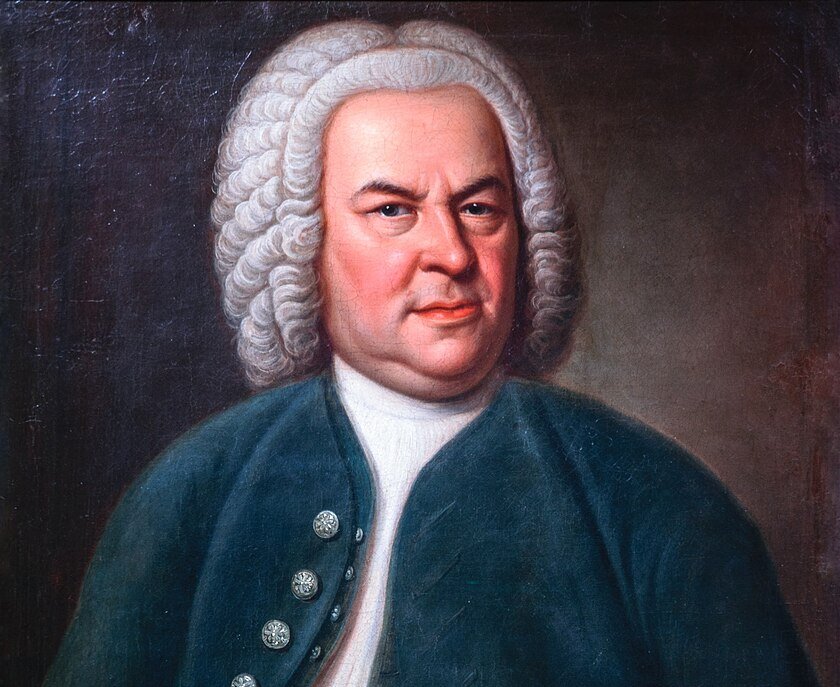 Elias Gottlob Haussmann, Wikimedia Commons
Elias Gottlob Haussmann, Wikimedia Commons
12. He Grew Up On “EZ-Street”
Once Burton learned to play bass guitar, there was no stopping him. He knew, even as a high school student at Castro Valley High School, that he wanted to be a musician. So, along with some of his friends, he started up the band EZ-Street. Their name was, you might say, revealing.
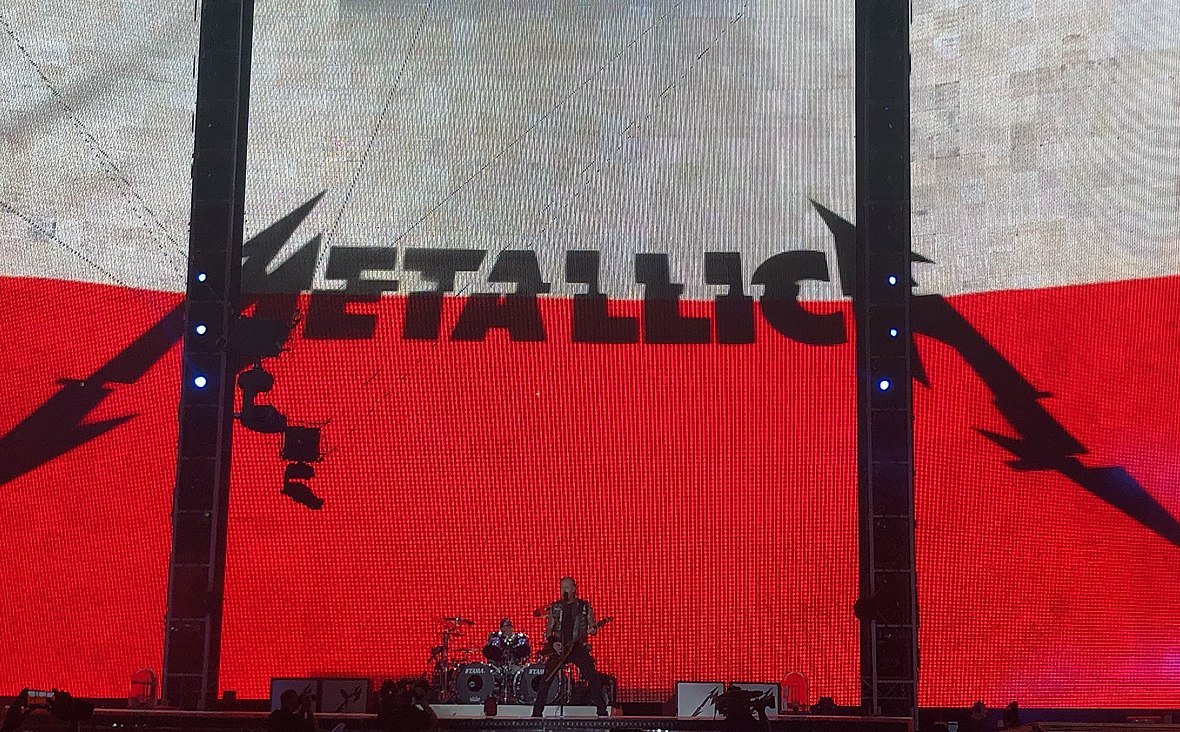 Good Will Hunting, CC BY-SA 4.0, Wikimedia Commons
Good Will Hunting, CC BY-SA 4.0, Wikimedia Commons
13. His Band’s Name Was “Adult-Themed”
Long before he rocked the stage with Metallica, Burton was living like a rockstar. And the name for his high school band, EZ-Street, reflected his rockstar lifestyle. The young bandmates had lifted the name from an adult-themed bar in the Bay Area. But they had the chops to back up their bravado.
 Vikiçizer, CC BY-SA 4.0, Wikimedia Commons
Vikiçizer, CC BY-SA 4.0, Wikimedia Commons
14. He Rocked Out With Little Legends
Burton wasn’t the only member of EZ-Street to go on to make rock and roll history. Jim Martin and Mike Bordin would become members of Faith No More. Burton even forged a lifelong (however short his life might be) friendship with Martin, continuing to collaborate with him while at college.
That’s when Burton really came into his own.
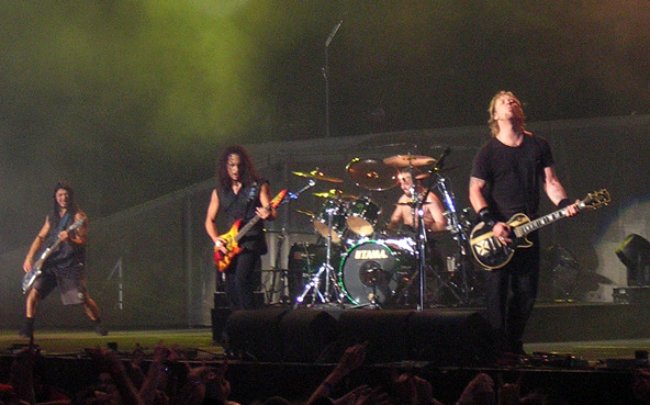 Mishka Gaikin, Wikimedia Commons
Mishka Gaikin, Wikimedia Commons
15. He Battled With The Bands
Burton formed Agents of Misfortune with Martin and entered his first big musical competition: a Battle of the Bands contest. Fortunately, the contest was recorded and has provided metal fans with an early glimpse of Burton’s revolutionary bass playing. There are even echoes of his later bass solos in “For Whom the Bell Tolls” in this early recording.
He was clearly ready for a bigger stage.
 Corrie Barklimore, CC BY 2.0, Wikimedia Commons
Corrie Barklimore, CC BY 2.0, Wikimedia Commons
16. He Had His First Professional Recording
Later that same year, in 1982, Burton made a big career move. He joined the professional metal band, Trauma, and stepped into a recording studio for the first time. His recording of “Such a Shame” made it onto a compilation album, Metal Massacre.
Little did he know, he already had very important fans.
 Frank Schwichtenberg, CC BY-SA 3.0, Wikimedia Commons
Frank Schwichtenberg, CC BY-SA 3.0, Wikimedia Commons
17. He Played For Metallica
1982 continued delivering surprises for Burton. Along with his Trauma bandmates, he traveled to Los Angeles to perform at a historic nightclub. But what he didn’t know was that two of the patrons that night were none other than Metallica band members James Hetfield and Lars Ulrich.
 Kreepin Deth, CC BY-SA 4.0, Wikimedia Commons
Kreepin Deth, CC BY-SA 4.0, Wikimedia Commons
18. He Amazed Metallica With His Shredding
Hetfield and Ulrich listened in awe as Burton rocked out on stage. Hetfield, in particular, couldn’t get over Burton’s “amazing shredding” and knew that he had to have that sound in his band. Without even a moment’s hesitation, Hetfield and Ulrich both agreed; Burton was Metallica material.
 Kreepin Deth, CC BY-SA 4.0, Wikimedia Commons
Kreepin Deth, CC BY-SA 4.0, Wikimedia Commons
19. He Got An Offer He Couldn’t Refuse
After his performance, Hetfield and Ulrich approached Burton with their offer: join Metallica and shred bass with the big boys. However, as their own bassist, Ron McGovney, had recently left the band, they were in somewhat desperate straits. Turns out, the timing was perfect for Burton anyway.
 Vikiçizer, CC BY-SA 4.0, Wikimedia Commons
Vikiçizer, CC BY-SA 4.0, Wikimedia Commons
20. He Had One Condition
Burton hadn’t been with Trauma for long, but it was long enough to know that it wouldn’t be his band forever. Despite the fact that Trauma had given him his first real foray into professional music, he felt that they were “starting to get a little commercial”. So, with that, he agreed to join Metallica.
On one condition.
21. He Demanded The Band Come To Him
Burton was excited at the prospect of joining Metallica—but there was one problem. Metallica was a Los Angeles based band, and Burton was a Bay Area bassist. He told Hetfield and Ulrich that he would only consider joining the band if they uprooted their lives and moved to San Francisco.
Their response was surprising.
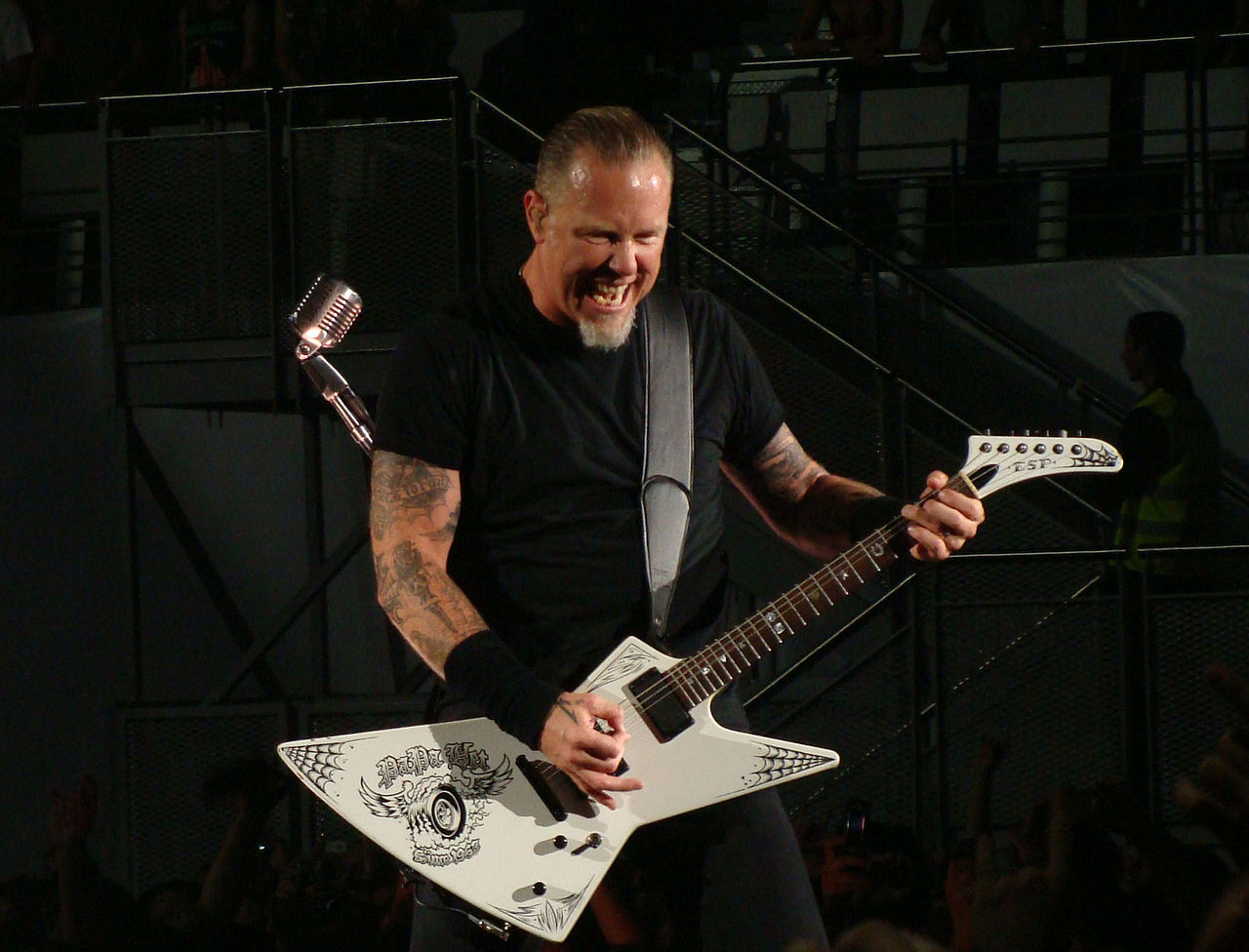 Alberto Cabello, CC BY 2.0, Wikimedia Commons
Alberto Cabello, CC BY 2.0, Wikimedia Commons
22. The Band Marched To His Drumbeat
Instead of telling the young bassist to take a hike, Metallica’s Hetfield and Ulrich took a hike themselves—straight to San Francisco. As per Burton’s request, they left Los Angeles and settled in El Cerrito, just across the bay from the downtown area. They didn’t waste any time putting Burton to work.
 Christian Holmér, CC BY 2.0, Wikimedia Commons
Christian Holmér, CC BY 2.0, Wikimedia Commons
23. He Recorded A Demo
Burton immediately recorded a demo, Megaforce, with Metallica to introduce the metal world to their new sound. However, it was another one of Metallica’s demos, No Life ‘til Leather, that made it to the ears of Jon Zazula. Zazula just so happened to be the owner of Megaforce Records. And he liked what he heard.
24. He Moved To New Jersey
Much to Burton’s chagrin, the band didn’t stay in the San Francisco Bay Area for long. Shortly after joining forces, the whole band moved out to Old Bridge, New Jersey. They then signed a record deal with Zazula—and immediately began causing trouble.
25. He Played Bass Like No One Else
Burton debuted his unique bass playing style to the whole world on the band’s first album. His solo in “(Anesthesia) - Pulling Teeth”, for example, saw him do something almost no bassist ever did: use effect pedals and Electro Harmonix Big Muff. There was, however, a little controversy over the first album.
26. He Had A Controversial Album Name
Burton and his Metallica bandmates were planning on naming their debut album Metal Up Your—place where the sun don't shine. And not just for shock value. The name came from an earlier demo that the band had released, even before Burton joined. Not everyone was keen on the name, though.
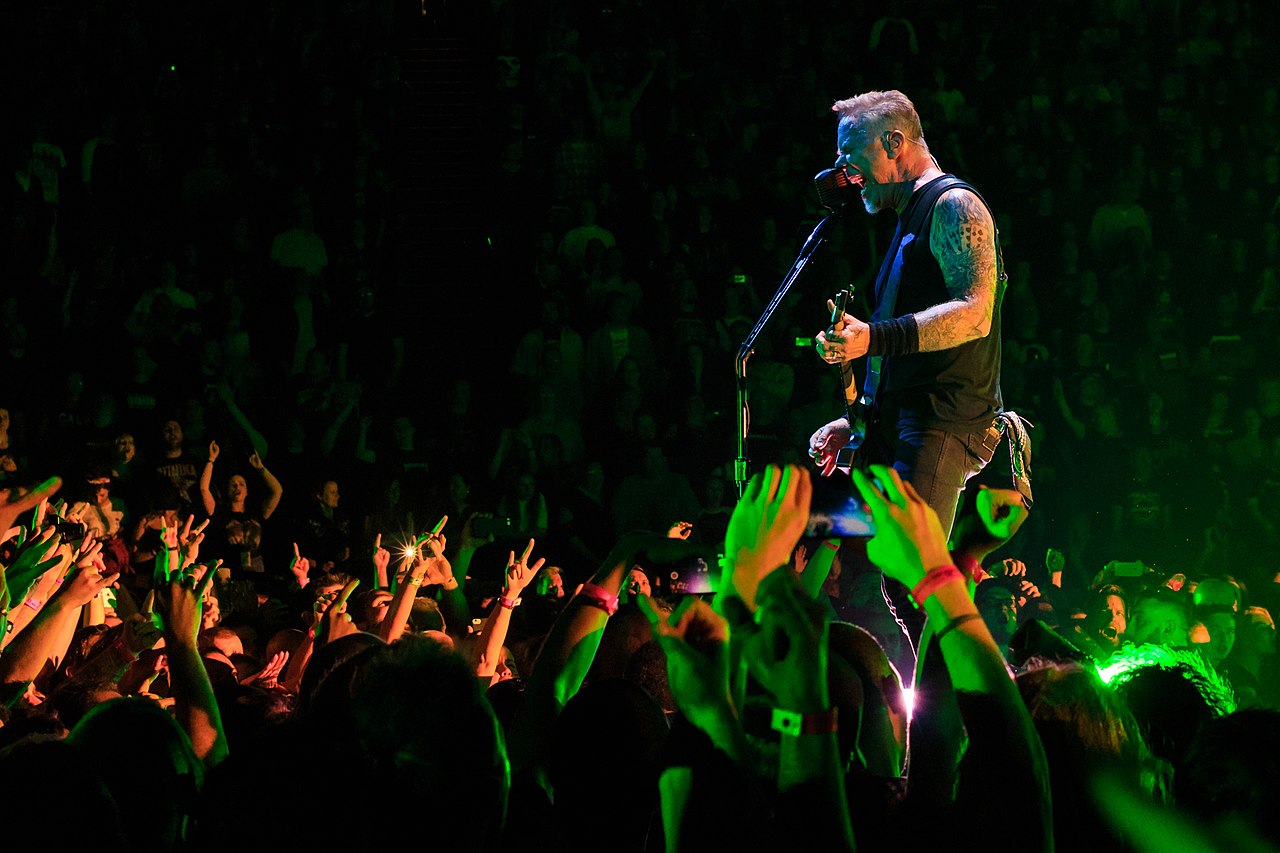 Kreepin Deth, CC BY-SA 4.0, Wikimedia Commons
Kreepin Deth, CC BY-SA 4.0, Wikimedia Commons
27. His Record Label Demanded A Change
While record labels were accustomed to controversial band and album names from their metal musicians, Megaforce Records thought that Metallica had taken it too far. They insisted that Burton and his bandmates change the name of their debut album to something a little less…offensive.
Burton clearly did not understand the assignment.
 Alberto Cabello, CC BY 2.0, Wikimedia Commons
Alberto Cabello, CC BY 2.0, Wikimedia Commons
28. He Doubled Down On Controversy
When his Metallica bandmates informed him that the record label wanted them to change the name of their album, Burton offered up a classic reply. “We should just kill ‘em all, man,” he said. Without intending to, he had just given the band the new (even more controversial) name for their album: Kill ‘Em All.
Then they did.
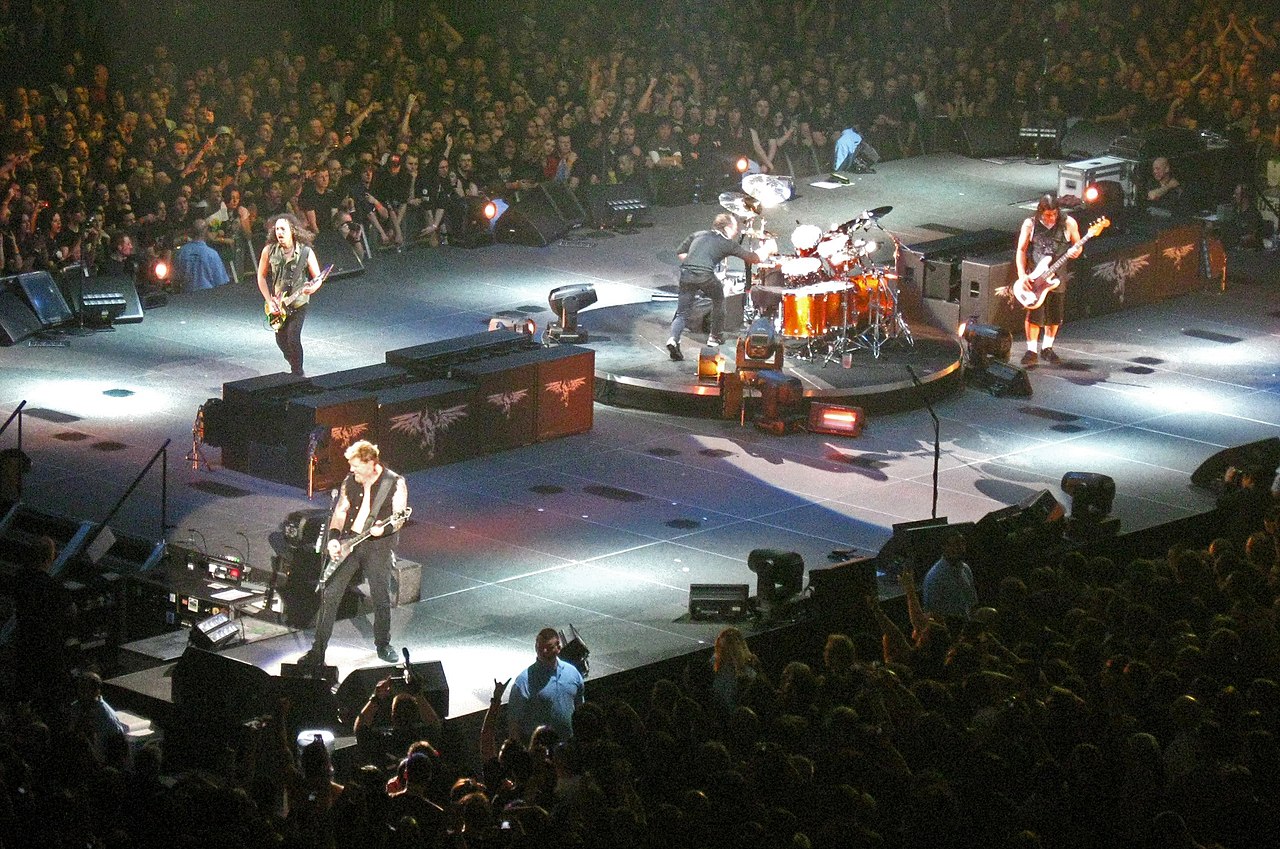 Andrew Skudder, CC BY-SA 2.0, Wikimedia Commons
Andrew Skudder, CC BY-SA 2.0, Wikimedia Commons
29. He Rode The Lightning To The Top
By the time Metallica’s second album, Ride the Lightning, came out, it was obvious who the star of the band was. Burton had helped advance the band’s style and sound, and was largely responsible for writing the songs. His talents shined most in the singles “For Whom the Bell Tolls” and “The Call of Ktulu”.
Bigger things were just around the corner.
30. He Signed A Bigger Deal
Burton truly established his sound in Ride the Lightning—and some very important people had taken note. Major record labels could no longer ignore the ear-splitting shredding coming off of the young bassist’s guitar. Metallica signed a deal with Elektra Records and immediately got to work recording their third studio album.
For Burton, it would be a high point—and an end point.
31. He Was A Master of Puppets
With the backing of a major record label, Metallica’s third album, Master of Puppets, catapulted them to stardom. Not only was the album a major commercial success, but music critics and fans alike have come to see it as a “landmark album in heavy metal” that forever altered metal sounds. Burton’s prominent bass in tracks like “Orion” became instant classics.
Sadly, he wouldn’t be riding the lightning for much longer.
32. He Made His Last Album
Even though Metallica had met with moderate success before, their third album, Master of Puppets, was their true commercial breakthrough. Tragically, however, the third time would not necessarily be the charm for Burton. Master of Puppets would end up being his last album—and his final performance.
 Merijn Bos, CC BY-SA 3.0, Wikimedia Commons
Merijn Bos, CC BY-SA 3.0, Wikimedia Commons
33. He Went On Tour In Europe
To promote their album, Metallica went on tour across Europe. But it wasn’t all glamorous. The Damage Inc tour turned out to be a grind, with members of the band, including Burton, complaining about their accommodation. Burton and others argued that their tour bus bunks were “unsatisfactory and uncomfortable”.
 Dennis Radaelli, CC BY-SA 4.0, Wikimedia Commons
Dennis Radaelli, CC BY-SA 4.0, Wikimedia Commons
34. He Played A Fateful Game
The bunks were so uncomfortable that Burton and his bandmates had taken to making a game out of who would get the worst bed. There are differing accounts as to what, exactly, happened on a fateful night in late September as the band drove through Sweden. The only thing for sure, is that it ended badly for Burton.
 Mark Wainwright, CC BY 2.0, Wikimedia Commons
Mark Wainwright, CC BY 2.0, Wikimedia Commons
35. He Drew The Wrong Card
According to Burton’s fellow Metallica guitarist, Kirk Hammett, Burton’s untimely demise came down to the luck of the draw. Hammett claimed that he and Burton “drew cards” to decide who would get to choose the bunk they wanted. So, when Burton picked the highest card—the ominous ace of spades—the choice was his.
He chose wrong.
 Kreepin Deth, CC BY 3.0, Wikimedia Commons
Kreepin Deth, CC BY 3.0, Wikimedia Commons
36. He Chose The Wrong Bunk
After drawing the ace of spades, Burton playfully told Hammett, “I want your bunk”. Hammett, not too pleased with the decision, replied, “Fine, take my bunk, I'll sleep up front, it's probably better anyway”. He had no idea how right he was.
 Raph_PH, CC BY 2.0, Wikimedia Commons
Raph_PH, CC BY 2.0, Wikimedia Commons
37. He Was Doomed Either Way
One of Burton’s original Metallica bandmates, Ulrich, remembers things a little differently. According to Ulrich, Burton’s demise wasn’t the result of the ace of spades, but rather a short straw. Allegedly, Burton and Hammett had drawn straws, with Burton drawing the longer one and thus opting to take Hammett’s bunk.
Regardless, tragedy was closer than anyone knew.
 aresauburn, CC BY-SA 2.0, Wikimedia Commons
aresauburn, CC BY-SA 2.0, Wikimedia Commons
38. His Bus Flipped Off The Road
As the bus wound its way through the dark country roads in the wee hours of a late September morning, Burton was fast asleep in Hammett’s bunk. Then, tragedy struck. The bus swerved out of control, ultimately sliding right off the road and flipping onto a grassy field. The carnage was unimaginable.
 Raph_PH, CC BY 2.0, Wikimedia Commons
Raph_PH, CC BY 2.0, Wikimedia Commons
39. He Went Through The Window
Burton and his bandmates had been right to complain about the safety of the bunks; they didn’t have any restraints. So, when the bus lurched off the road and began flipping, the momentum launched Burton through a bus window. As if that wasn’t bad enough, what happened next was downright heartbreaking.
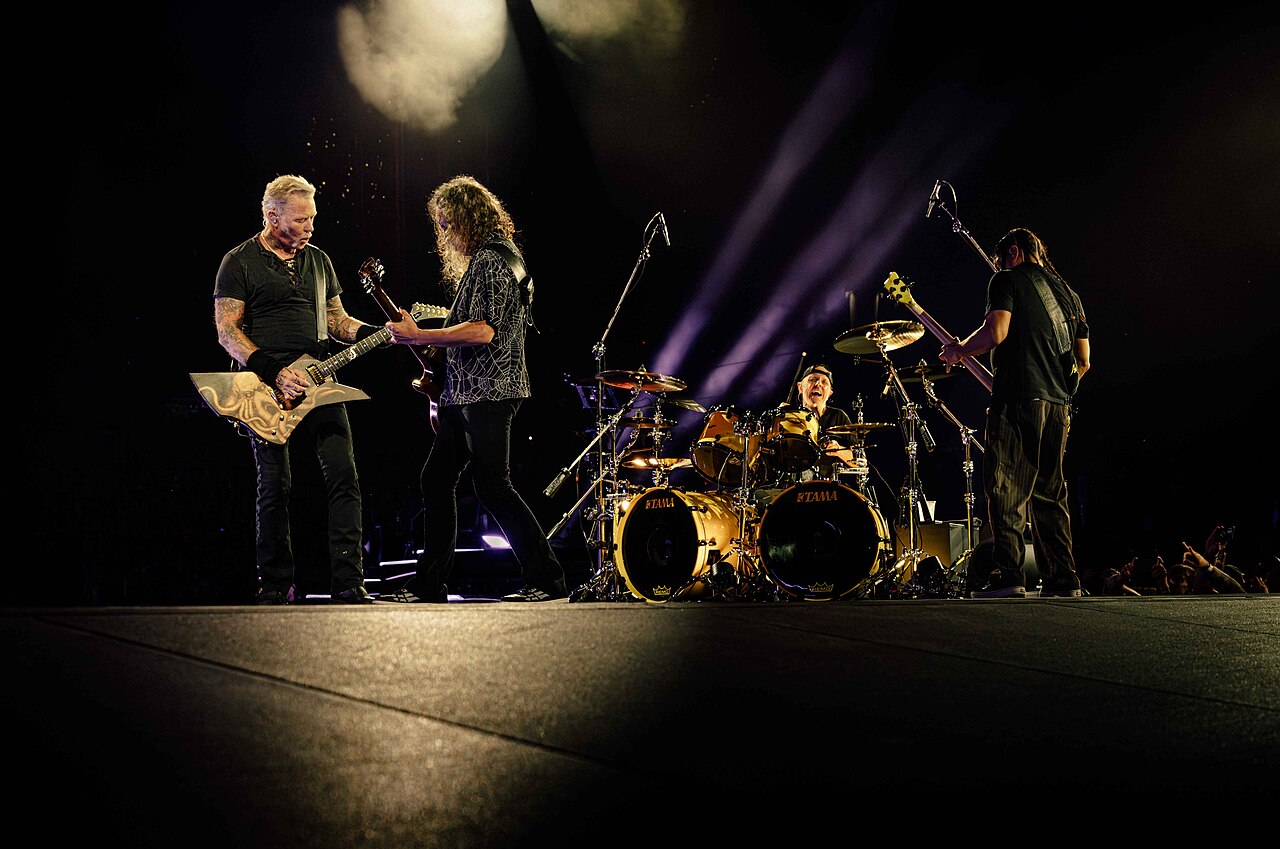 Wetzlar35578, CC BY-SA 4.0, Wikimedia Commons
Wetzlar35578, CC BY-SA 4.0, Wikimedia Commons
40. His Tour Bus Crushed Him
If Burton hadn’t drawn the high card or the long straw, he might have survived what came next. After Burton went through the window, the bus, tragically, kept rolling and didn’t come to a stop until after it landed directly on top of him. The only mercy was that he perished instantly.
But, at 24 years old, his career had only just begun.
 Raph_PH, CC BY 2.0, Wikimedia Commons
Raph_PH, CC BY 2.0, Wikimedia Commons
41. His Bandmates Pointed Fingers
In the immediate aftermath of the horrific accident, Burton’s bandmates were in a state of shock and eager to point fingers. The bus driver, however, was eager to avoid taking the fall for ending the life of a bass legend prematurely. He claimed that the bus had hit a patch of black ice. But there were some holes in his story.
42. He Paid The Ultimate Price
Burton’s Metallica bandmate, Hetfield, claimed that the bus driver was lying about the cause of the accident. He claimed that the driver was impaired at the time, and even walked back up the road to prove that there were no patches of ice anywhere. Sadly, Hetfield was probably right—Burton had paid the price for someone else’s bad judgement.
43. His Accident Became A Mystery
Later that morning, a freelance photographer went to the site of the already infamous crash. When he later gave an interview about what he saw at the place where Burton had perished, he confirmed that there wasn’t any ice because the temperature was above freezing.
So, what really caused the accident that ended Burton’s promising career?
 Iron.secrets, CC0, Wikimedia Commons
Iron.secrets, CC0, Wikimedia Commons
44. His Driver May Have Fallen Asleep
Swedish authorities later confirmed what Burton’s bandmates knew to be true: there was no ice on the road. Instead, detectives found tire tracks at the scene of the horrific crash that told them one thing: the driver had fallen asleep. But it would be Burton who would never wake up.
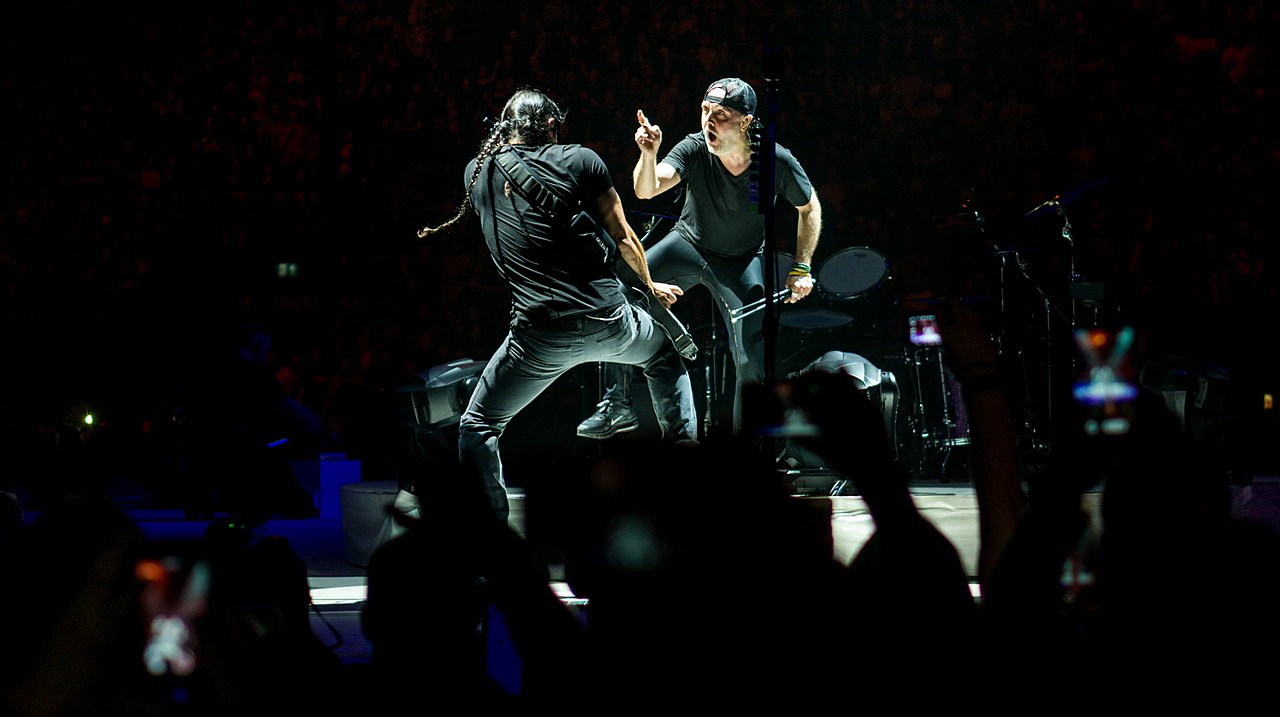 Raph_PH, CC BY 2.0, Wikimedia Commons
Raph_PH, CC BY 2.0, Wikimedia Commons
45. He Didn’t Get Justice In The End
Despite the evidence against him, Burton’s tour bus driver claimed that he was “fully rested”, having slept throughout the day. Another one of the band’s crew confirmed the bus driver’s story, ultimately leading the authorities to decide that he was “not at fault” for Burton’s untimely and unceremonious end.
 Kreepin Deth, CC BY 3.0, Wikimedia Commons
Kreepin Deth, CC BY 3.0, Wikimedia Commons
46. His Bandmates Wrote Him A Tribute
In tribute to their fallen bandmate, Metallica wrote the song “To Live Is to Die” and released it in their fourth studio album, …And Justice for All. Heartbroken at their loss, they gave Burton a writing credit for some of the lyrics in the song and used some of his previous recordings that they hadn’t released to compose a bass medley.
The whole metal world was in mourning.
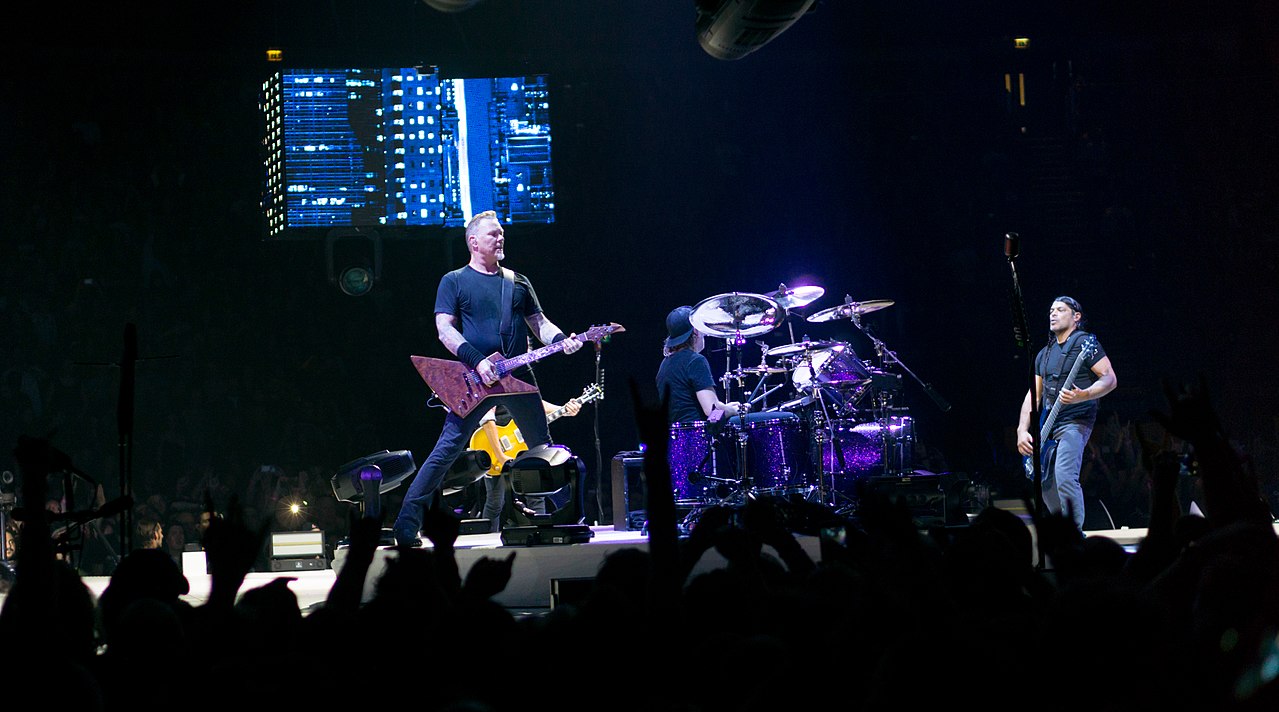 Raph_PH, CC BY 2.0, Wikimedia Commons
Raph_PH, CC BY 2.0, Wikimedia Commons
47. He Was Megadeth’s Darkest Hour
When Megadeth learned about Burton’s passing, they were almost as devastated as his Metallica bandmates. Allegedly, Megadeth co-founder Dave Mustained was so moved by Burton’s tragic accident that he wrote the lyrics for “In My Darkest Hour” in one sitting. However, it’s not clear that the lyrics he wrote had anything to do with Burton’s demise.
 Tudor Iodachescu, CC BY 2.0, Wikimedia Commons
Tudor Iodachescu, CC BY 2.0, Wikimedia Commons
48. He Became A Hall Of Famer
Despite the brevity of his career, Burton had a profound impact on heavy metal music and bass guitarists. Fittingly then, in April 2009, he received the honor every rock legend deserves. He was inducted into the Rock and Roll Hall of Fame, alongside his original Metallica bandmates, Hetfield, Ulrich, and Hammett.
49. His Mom Was His Biggest Fan
For obvious reasons, Burton could not attend this crowning achievement of his career. However, his father, Ray Burton, went up on the stage with the other members of Metallica on his son’s behalf. He emotionally stated that Burton’s mother had been, and still was, Metallica’s “biggest fan”.
They had the most touching way of honoring their son’s memory.
 Library of Congress Life, CC0, Wikimedia Commons
Library of Congress Life, CC0, Wikimedia Commons
50. His Legacy Lived On
Music had saved Burton’s life after his brother’s fatal aneurysm. It was only fitting, then, that his parents sought to do the same for others. Quietly and without anyone’s knowledge, Burton’s parents had been donating all of his royalty payments to his former high school’s music scholarship fund, continuing to share their son’s music and legacy with the world.
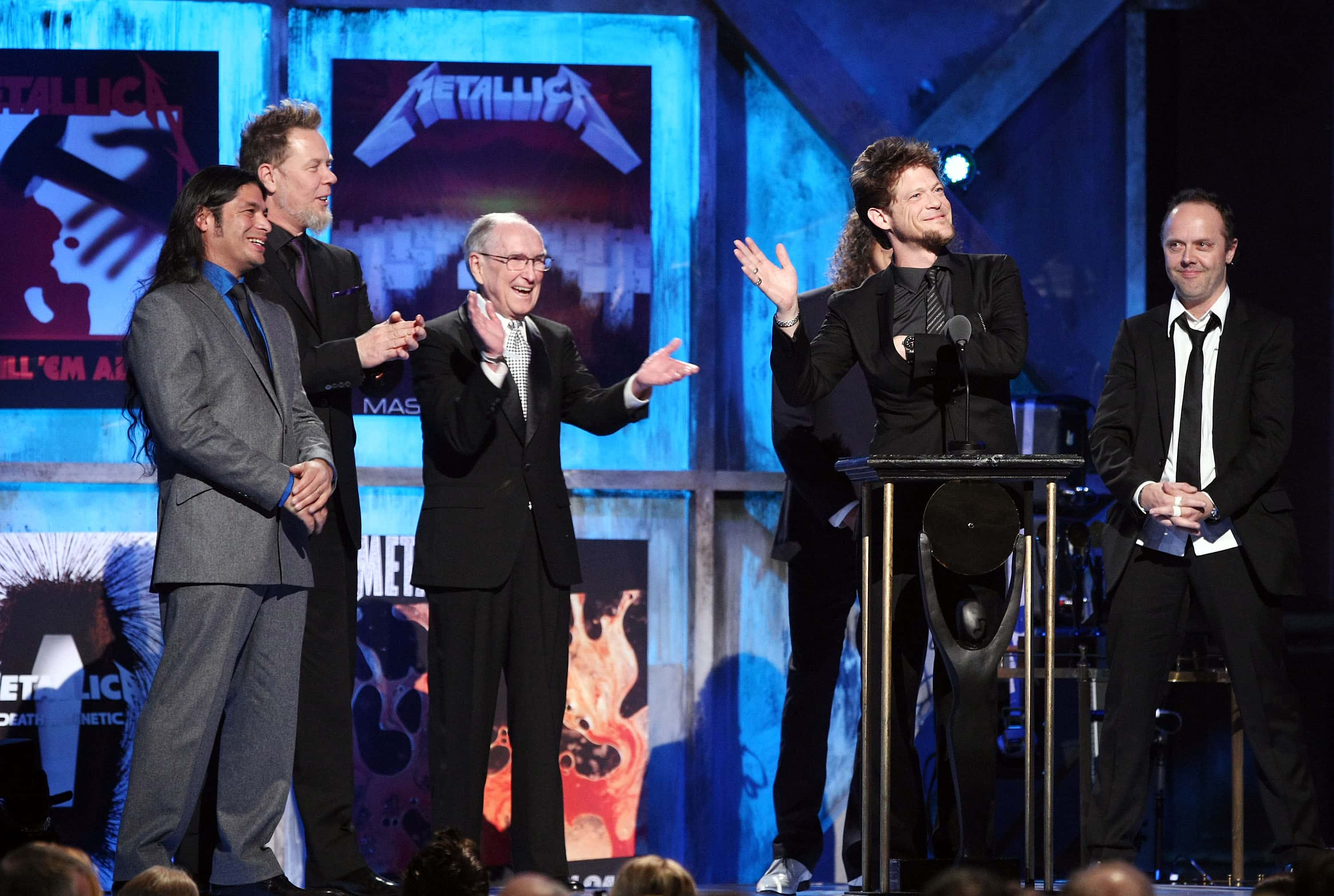 Michael Loccisano, Getty Images
Michael Loccisano, Getty Images

